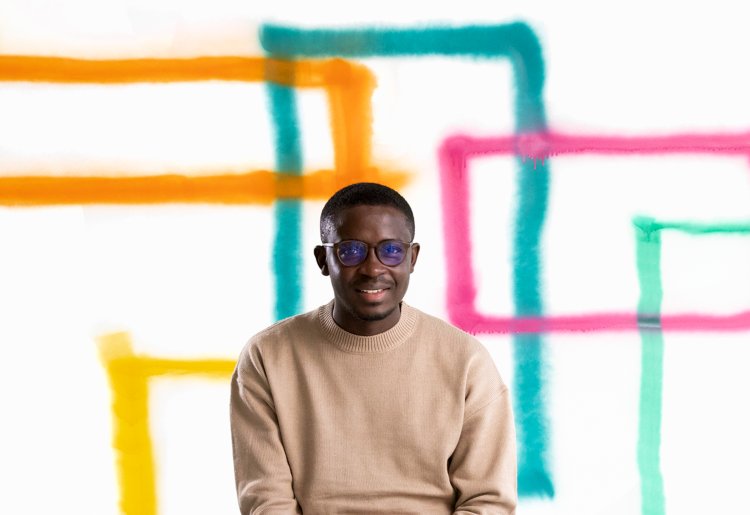‘I was born and brought up in Nigeria and did my Bachelor’s degree in Applied Geophysics at the Obafemi Awolowo University in the ancient city of Ile-Ife, Osun State. My aim was to get straight into industry, but a friend who knew I was interested in remote sensing pointed me to the Applied Remote Sensing for Earth Science Master’s degree that was available at the University of Twente (UT). I checked the website; it looked like a good opportunity for me to develop my passion. I applied, was accepted, and started the programme in 2019.’
‘My masters’ was a perfect introduction to a PhD’
‘As an undergraduate, I hadn’t thought much about doing a PhD. However, during the Master’s programme I had an open mind and later joined the PhD programme called ‘Deep, Deeper, Deepest-NL; Imaging the Dutch Crust and Upper Mantle using Multi-geo-observables’. Continuing with a PhD at ITC was nice because I already knew the faculty members. I had experience working with them during my MSc studies. Add to that how straightforward the Dutch system is, and it all makes for a smooth transition from MSc to PhD.’
‘Communication with my supervisor is excellent!’
‘Communication with the faculty and my supervisors is excellent. The process is interesting, and we have meetings to discuss the process and progress of the research. We have good access to all the technology we need in the research, partly because of collaborations with other universities and institutes. I thoroughly enjoy the fieldworks that we do. It is exciting to be in a kind of outdoor science lab, installing geophysical sensors to collect data.
‘As an international student, I remember experiencing some culture shock. The food in Enschede is very different from what I was used to in IIe-Ife. And, coming from the tropics, I was very surprised that, at times, the sun was still shining at 10pm - it’s supposed to be dark then! Overall, though, I have adjusted very well to living and studying in another country and have been helped by others in my study group and through the courses that UT put on as well, like the Introduction to the Dutch language.’
Next steps
‘I expect to complete my doctoral research in 2025. I haven’t made any decisions about the future, but I would highly recommend doing a PhD at UT. The level of education is world-class, there are funding options, the facilities are second to none, and there is a friendly and supportive sense of community.’


